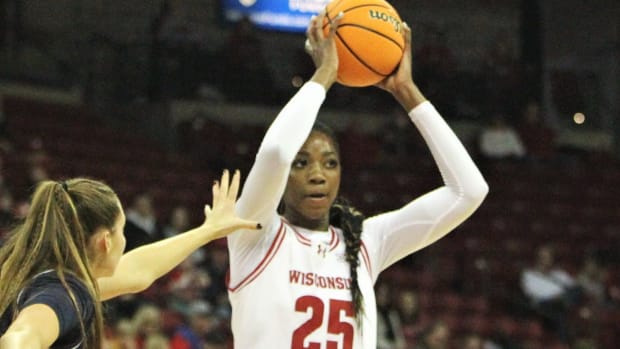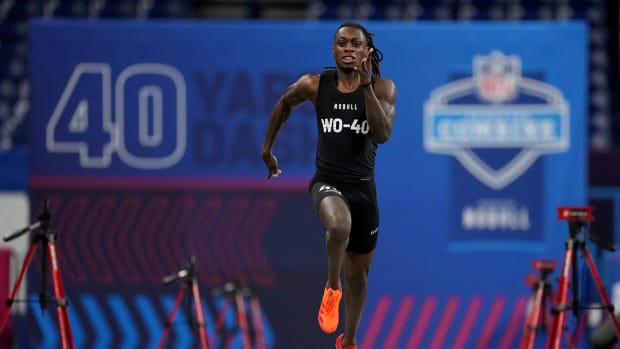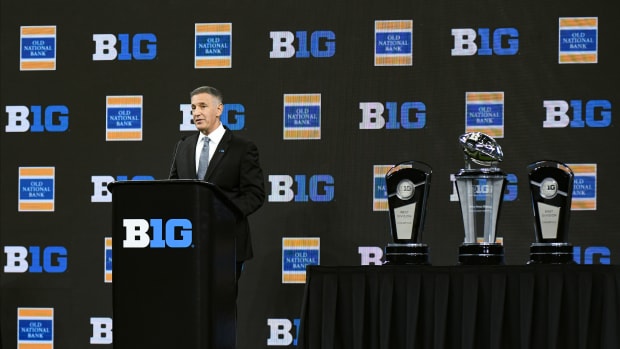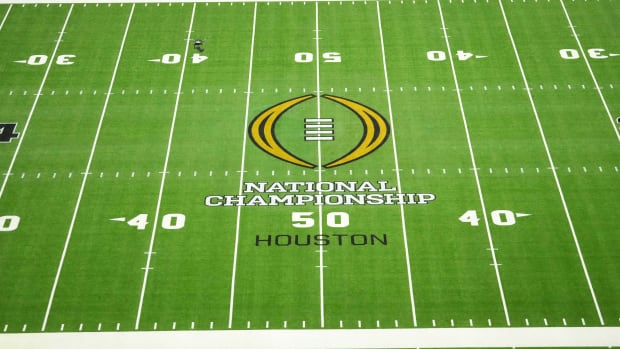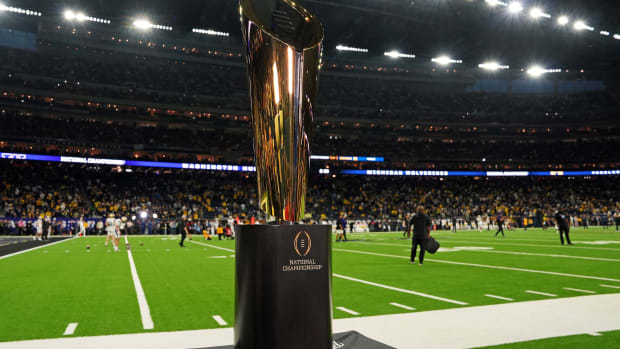SI Report: Power 5 Schools to Have Universal COVID-19 Testing Plans, Rules
College football players who test positive for COVID-19 this fall will be required to miss at least 10 days of competition, and that number is even higher—a full two weeks—for those who are found to have had contact with a person who tested positive.
These requirements are part of a medical document the Power 5 conferences have drafted to add uniformity to virus testing protocols and response procedures. Sports Illustrated obtained a copy of a draft of the document from July 8. The document is not finalized, but is expected to be released soon by the Power 5 and the NCAA, which are working in concert to create universal, minimum testing standards.
- Here's the link to the complete Sports Illustrated story by Ross Dellinger. CLICK HERE
The six-page document outlines weekly in-season testing requirements, response protocols for positive tests, contact-tracing plans and considerations for game cancellations. “This document is meant to guide institutions in the minimum necessary requirements needed to participate in athletics in the coming year,” the document reads.
College teams will be required to test football players within 72 hours of games using the standard PCR test. Game officials in football and basketball should also be tested weekly, because of their close contact with athletes, the document says. The document, however, does not require tests for coaches, though staff members must wear a mask on the sideline if they are not tested in the same way athletes are. As for other high-risk sports, athletes should be tested within 72 hours of the first game of a week’s set of games.
Here's the five-step checklist:
- Lack of ability to isolate new cases or quarantine high-contact risk cases on campus.
- inability to perform weekly testing
- campus-wide or local community test rates that are considered unsafe by local public health officials
- inability to perform adequate contact tracing
- local public health officials state that there is an inability for the hospital infrastructure to accommodate a surge in COVID-related hospitalizations.
At Purdue, players have been returning to campus since early June for voluntary workouts and everyone has been tested beforehand.
The Big Ten announced last week that they were moving to conference games only for all fall sports. That means that Purdue lost nonconference football games at home with Memphis and Air Force and a road game with Boston College.
